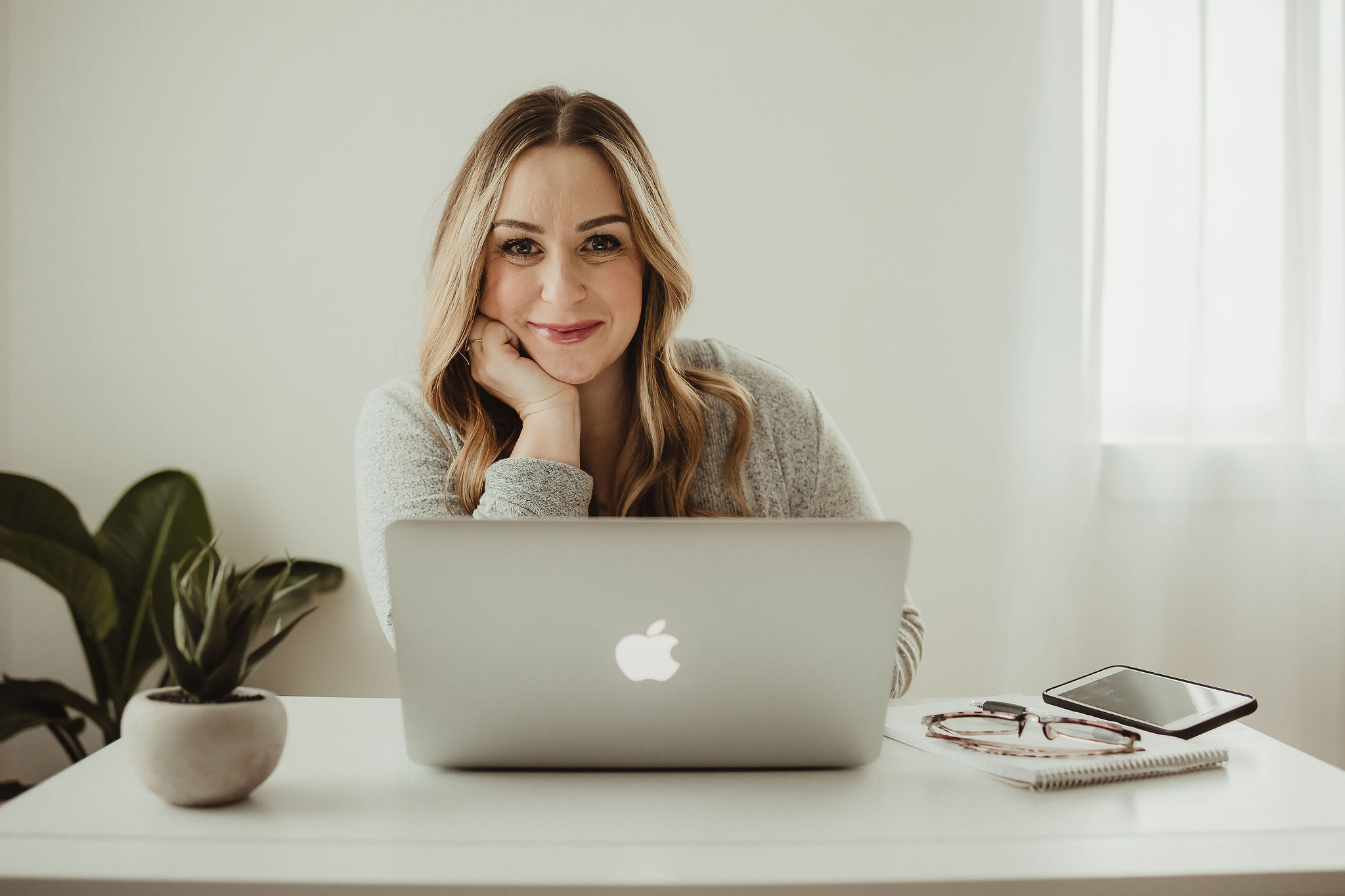About Senior Health
Explore senior health articlesAbout Senior Care Options
Explore senior living articlesAbout Finances & Legal
Explore finances and legal articlesAbout Products for Seniors
Explore products for seniorsAbout Senior Health
Explore senior health articlesAbout Senior Care Options
Explore senior living articlesAbout Finances & Legal
Explore finances and legal articlesAbout Products for Seniors
Explore products for seniors

Focusing on the physical health of our aging parents can sometimes lead us to overlook their mental well-being, particularly during times of unforeseen changes in their lifestyle. Anxiety in elderly Americans is on the rise, as seniors face heightened stress and worry, according to Brian Carpenter, a professor of psychological and brain sciences at Washington University. Discover the potential causes of elderly anxiety, such as senior loneliness, and explore strategies to help your loved ones cope with stress. In this article, we’ll address symptoms of anxiety in the elderly, as well as discuss natural remedies for anxiety in elderly individuals.

Our free tool provides options, advice, and next steps based on your unique situation.

Our advisors help 300,000 families each year find the right senior care for their loved ones.
Anxiety and Geriatric Mental Health Foundation. (2022, October 27). Anxiety and older adults: Overcoming worry and fear. American Association for Geriatric Psychiatry.
Centers for Disease Control and Prevention. (2011). The state of mental health and aging in America.
The information contained in this article is for informational purposes only and is not intended to constitute medical, legal or financial advice or create a professional relationship between A Place for Mom (of which OurParents is a trademark) and the reader. Always seek the advice of your health care provider, attorney or financial advisor with respect to any particular matter and do not act or refrain from acting on the basis of anything you have read on this site. Links to third-party websites are only for the convenience of the reader; A Place for Mom does not recommend or endorse the contents of the third-party sites.